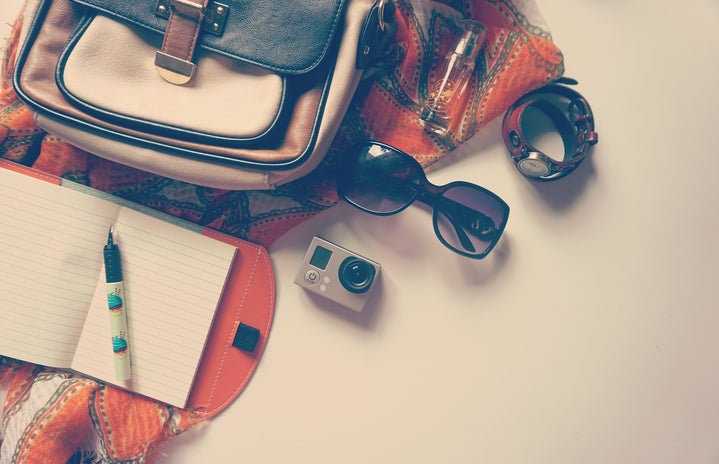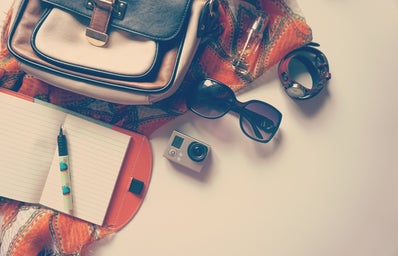So with spring finally upon us and summer not very far behind, spring fashion fever seems to have hit all of us. If you’re anything like me, your way of surviving these last few grueling weeks of the semester is by daydreaming about all the new warm weather fashions you can now buy and wear. But before you head out and splurge on a ton of new outfits for spending all day outside, you should start to consider where these new clothes you’re buying are made. If you look at the tags on all of your clothes, I guarantee most of them will say something like Made in China or Made in Bangladesh. Most of the time, we just look at these tags and don’t really give them a second thought, but Collegiettes, it’s time we start paying more attention.
The truth is, a lot of the clothes we have that are made in foreign countries are made with unethical labor. In April 2013, factory workers in Bangladesh were forced to work in a severely cracked and clearly unsafe building that eventually collapsed and resulted in over a thousand deaths. But the horror doesn’t end there; right now there are several companies that have been accused of using forced child labor in countries like Uzbekistan. And this isn’t just a problem with a few select companies – there are a ton of extremely popular brands that manufacture clothes in awful working conditions. This stuff sounds like it should be coming out of a history textbook on The Industrial Revolution. It’s horrible and needs to end. Period.
So what can we do? Well, other than signing online petitions and writing to companies, we can also stop buying items from these companies and start supporting ethical fashion. According to the Ethical Fashion Forum, ethical fashion can be defined as “an approach to the design, sourcing and manufacture of clothing which maximizes benefits to people and communities while minimizing impact on the environment.” Basically, when you’re investing in clothing that was made and manufactured ethically, it ensures that no one gets hurt in the process. If you’re interested in pursuing more ethical fashion but aren’t sure where to begin, here are a few places that can help get you started!
1. Thrift Stores
Thrifting is definitely the easiest way to enter the world of ethical fashion. While some of the clothes sold in thrift stores may have been made in these unethical factories, since all of the clothes are secondhand, the companies that fund these factories aren’t profiting from them anymore. Instead, thrift stores often give portions of their profits to charities instead. Plus, thrifting is cheap and fun. It’s a win-win!
Fashioning Change is a great tool for searching for ethical fashion. You can search for ethically made clothes based on features like style, personality, or even charitable causes. It also has this awesome Wear This, Not That TM feature of the website that has you input brands you like and tells you where you can buy something similar from a different, ethical source. It’s super easy and fun to use!
This is a website run by a fashion journalist and blogger that can also be useful when you’re just starting out; it contains DIY fashion projects, product reviews, outfit of the day, and a ton of resources to find ethical fashion brands online. It’s also really great because you get to read about someone’s personal experience buying ethical fashion, which is always helpful!
While we all love our clothes, I think we can agree that no one’s well-being should be compromised so we can have them. So, Collegiettes, next time you’re itching to buy a cute new summer dress, consider buying it from an ethical resource! We can help better the lives of others, and look super fashionable while we’re doing it.


